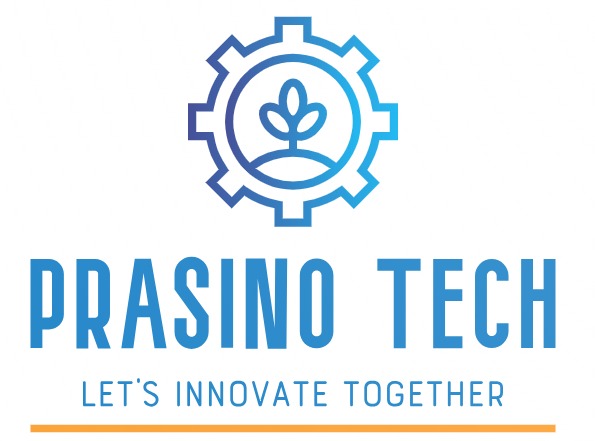The United Nations Sustainable Development Goals (SDGs) are a set of 17 interconnected global goals designed to address pressing challenges such as poverty, inequality, climate change, environmental degradation, peace, and justice. Adopted in 2015 as part of the 2030 Agenda for Sustainable Development, these goals provide a blueprint for achieving a better and more sustainable future for all. In today’s rapidly evolving world, the SDGs are more relevant than ever.
Why SDGs Matter
- Addressing Global Challenges: The SDGs tackle a wide range of global issues, from ending poverty and hunger to promoting sustainable energy and combating climate change. By addressing these challenges, the SDGs aim to create a more equitable and sustainable world.
- Promoting Economic Growth: Sustainable development fosters economic growth by encouraging innovation, improving infrastructure, and creating jobs. The SDGs emphasize the need for inclusive and sustainable economic growth, ensuring that no one is left behind.
- Environmental Protection: Environmental sustainability is at the heart of the SDGs. Goals such as climate action, life below water, and life on land aim to protect our planet’s natural resources and biodiversity, ensuring a healthy environment for future generations.
- Social Equity: The SDGs promote social equity by advocating for quality education, gender equality, reduced inequalities, and peace and justice. These goals are crucial for building inclusive societies where everyone has the opportunity to thrive.
Companies Contributing to SDGs
Many companies are already contributing to the SDGs, often without realizing it. By aligning their business strategies with sustainable practices, companies can make a significant impact on the global goals. Here are a few ways businesses contribute:
- Innovation and Technology: Companies that invest in renewable energy, sustainable agriculture, and green technologies are directly contributing to SDG 7 (Affordable and Clean Energy), SDG 12 (Responsible Consumption and Production), and SDG 13 (Climate Action).
- Corporate Social Responsibility (CSR): Through CSR initiatives, companies support education, healthcare, and community development, aligning with SDG 3 (Good Health and Well-being), SDG 4 (Quality Education), and SDG 10 (Reduced Inequalities).
- Sustainable Supply Chains: By adopting sustainable sourcing practices, companies ensure that their supply chains are environmentally friendly and socially responsible, contributing to SDG 8 (Decent Work and Economic Growth) and SDG 12 (Responsible Consumption and Production).
- Diversity and Inclusion: Companies that prioritize diversity and inclusion in their workforce are supporting SDG 5 (Gender Equality) and SDG 10 (Reduced Inequalities).
Realizing the Potential of SDGs
To fully realize the potential of the SDGs, it is essential for companies to recognize their role in sustainable development and actively integrate these goals into their business strategies. Here are some steps companies can take:
- Align Business Goals with SDGs: Companies should assess their operations and identify how they can align their business goals with the SDGs. This alignment not only enhances their sustainability efforts but also drives long-term growth and competitiveness.
- Measure and Report Impact: Transparency is key to sustainable development. Companies should measure and report their impact on the SDGs, using recognized frameworks such as the Global Reporting Initiative (GRI) or the Sustainability Accounting Standards Board (SASB).
- Engage Stakeholders: Collaboration with stakeholders, including employees, customers, suppliers, and communities, is crucial for achieving the SDGs. Companies should engage stakeholders in their sustainability efforts and foster partnerships for collective impact.
- Innovate for Sustainability: Innovation is at the core of sustainable development. Companies should invest in research and development to create sustainable products, services, and business models that contribute to the SDGs.
To sum up the article it is important to realize that the SDGs provide a comprehensive framework for addressing the world’s most pressing challenges and building a sustainable future. By integrating the SDGs into their strategies, companies can contribute to global development while enhancing their own growth and resilience. As a consultant with extensive experience in sustainability and international consulting, I am committed to helping businesses navigate the complexities of the SDGs and unlock their full potential. Together, we can create a better and more sustainable world for all.
